The Institute
The Faculty of Ayurveda has been opened with the aim to treat patients with various types of ailments. The 100 bedded in-campus hospital is fully equipped with modern technology and conventional Ayurvedic techniques. The experienced staff are here provide personal care to all our patients and build their confidence in Ayurveda.

Our Team
Prof. Arun K. Pandey - Vice-Chancellor
On behalf of the Mansarovar Global University, I take this opportunity to welcome you to this institution. MGU is a fast-growing young university which is committed to its vision of becoming a dynamic epicenter of excellence in the field of higher education. The University aims to provide high-quality education, equipping students with the knowledge and essential skills necessary and required to play a leading role in today’s fast-paced environment. Our mission is to develop confident professional leaders, independent thinkers, and creative entrepreneurs.
We look forward to welcoming you to the Mansarovar Global University.
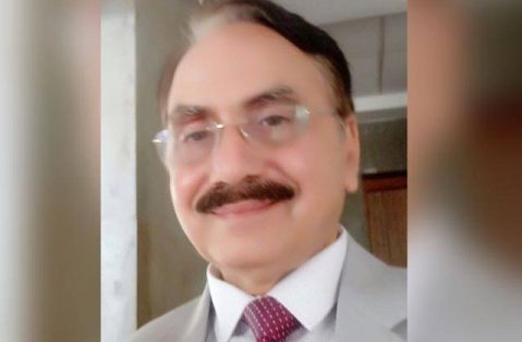
Col H.R. Ruhil - Pro Vice Chancellor
The aim of any education system is to provide inclusive quality education and learning opportunities for all which ensures that a learner is eventually transformed into a good human being imbibed with moral and ethical values and is equipped with adequate employment skills (for self employment or job). In addition, the learner should attain good communication skills imbibed with logical reasoning and analytical powers so that his intellectual ability is not confined to his own field but can be used in any situation and in any field.
At MGU, we provide unique environment that fosters students to be equipped with a wide array of skills and comprise the most adaptable workforce. It is our endeavour to constantly evolve systems and methods to ensure that quality education is provided at affordable cost to all seekers of knowledge at their convenience and pace with the sole aim of ensuring that each passing out student has multi skills required by the industry and the qualities of a good citizen useful to the whole society. We are sanguine that the students passing out of our university will be good contributors to the Gross National Product (GDP) and Gross National Happiness
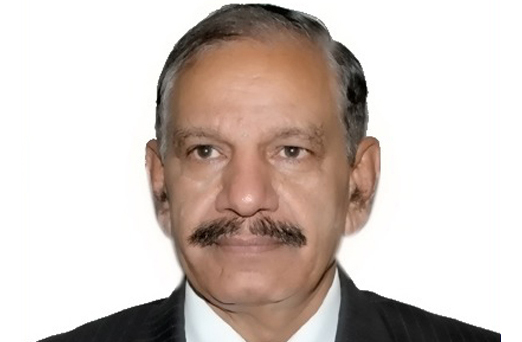
Our Departments
Department of Kayachikitsa–
Department of Kayachikitsa (General Medicine)
Imparts training in the division of General Medicine in Ayurveda. In ancient times, the practice of Ayurveda comprised of the two schools of medicine and surgery. Kayachikitsa, representing the school of medicine forms the basis for all other branches of Ayurvedic treatment and hence this department lays the foundation for shaping a skilled Ayurvedic physician.
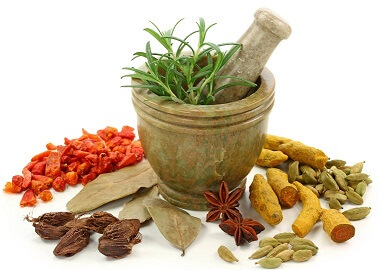
Department of Shalya Tantra+
Department of Shalya Tantra (Surgery)
Deals with the branch of Ayurvedic surgery and provides a basic understanding of the principles of modern surgery. Bone setting, application of medicated thread (ksharasutra) for management of haemorrhoids and fistula in ano, application of leech as well as management of cuts and wounds are the areas of strength in Ayurvedic surgery.
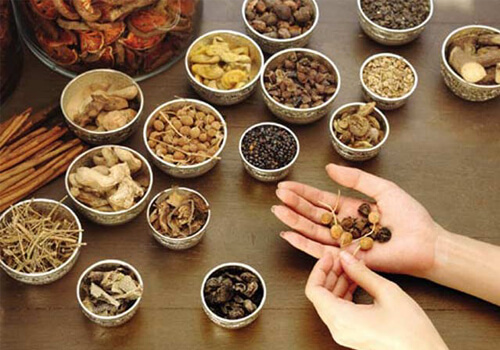
Department of Shalakya Tantra+
Department of Shalakya Tantra (ENT, Dentistry and Ophthalmology)
Imparts training in areas of specialization like ENT, Ophthalmology, Dentistry and diseases of the head. Special training is given on management of certain eye diseases, conditions like sinusitis, migraine and such other conditions for which Ayurvedic treatment is effective.
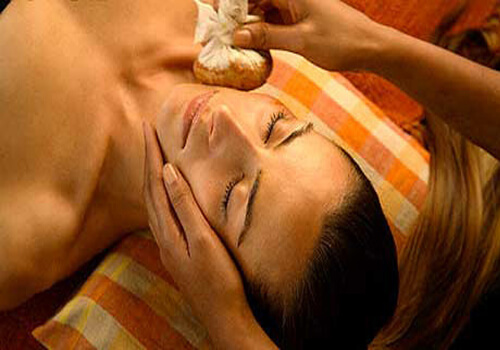
Department of Stri Roga and Prasuti Tantra+
Department of Stri Roga and Prasuti Tantra (Gynaecology, Obstetrics )
Imparts training in Ayurvedic Gynaecology, Obstetrics and Paediatrics. Gynaecology deals with menstrual disorders, diseases of the female genital tract and veneral diseases. Ayurveda advises a special regimen for care of the pregnant woman.
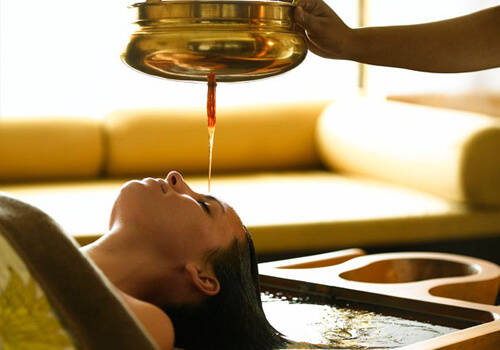
Department of Dravyaguna+
Department of Dravyaguna (Ayurvedic Pharmacology)
Deals with principles of Ayurvedic pharmacognosy and pharmacology with a special focus on identification of controversial drugs, adulterants and substitutes used in Ayurvedic practice. Ayurveda has developed a unique approach to understanding pharmacology of natural substances through meticulous analysis of taste, physico-chemical properties, potency and bio-transformation of the drug.
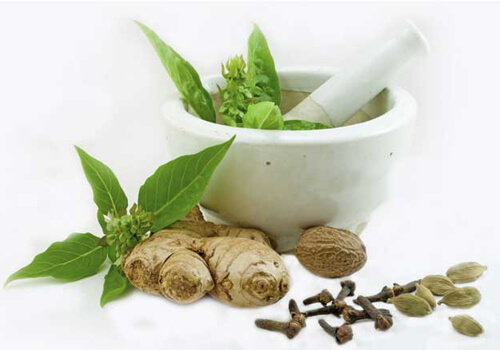
Department of Kaumarabhritya+
Kaumarabhritya (Paediatrics)
Ayurveda offers special treatment modalities for post natal care of the mother. Paediatrics deals with care of the new born as well as diseases affecting children. Traditions of Ayurvedic paediatrics are still alive in India.

Department of Swasthyavritta+
Department of Swasthyavritta (Social and Preventative Medicine)
Imparts training on the principles and practice of Social and Preventative Medicine at both the personal and communal levels. Promotion of positive health is dealt with from the Ayurvedic viewpoint. Naturopathy and Yoga also come under the purview of this department.

Department of Maulika Siddhanta+
Department of Maulika Siddhanta (Basic Principles of Ayurveda)
This department deals with the teaching of subjects that are foundational for the study of Ayurveda like Sanskrit, basic principles, classical Ayurvedic texts, history of Ayurveda and epistemology. Proficiency in Sanskrit is indispensible to properly understand the import of classical Ayurvedic writings.
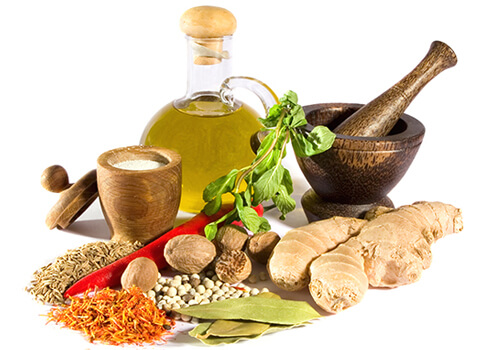
Department of Rasashastra and Bhaishajya Kalpana+
Department of Rasashastra and Bhaishajya Kalpana (Medicinal Chemistry and Pharmacy)
With the help of well equipped labs, this department imparts training in medicinal chemistry and preparation of highly potent medicines from minerals and metals. It also deals with the principles and practice of Ayurvedic Pharmacy with its varied pharamaceutical methods and dosage forms.
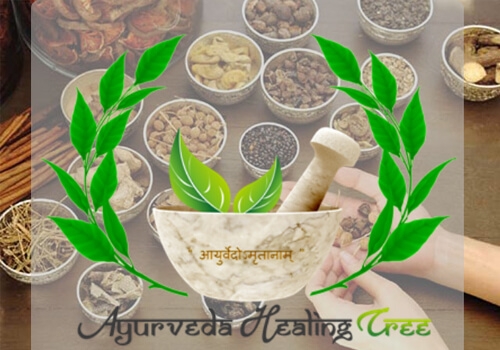
Department of Rachana Sharir+
Department of Rachana Sharir (Anatomy)
The department of anatomy provides rigorous training in dissecting cadavers and critically examines both ancient and modern views on anatomy. The surgical school of Ayurveda pioneered the technique of treating dead bodies in flowing water and exposing the underlying structures by scraping the skin using soft instruments to gain accurate knowledge of minute structures that make up the human body.

Department of Roga Nidan & Vikriti Vigyan+
Department of Roga Nidan & Vikriti Vigyan (Pathology)
This department deals with nosology (classification of diseases) and techniques of diagnosis. Training is given in both ancient methods of diagnosis and relevant modern investigations. Ayurveda lays great stress on detecting diseases in the very early stages of development and has developed an elaborate system of subtle diagnostic techniques to identify imbalances in the body before they transform into complicated disease processes.
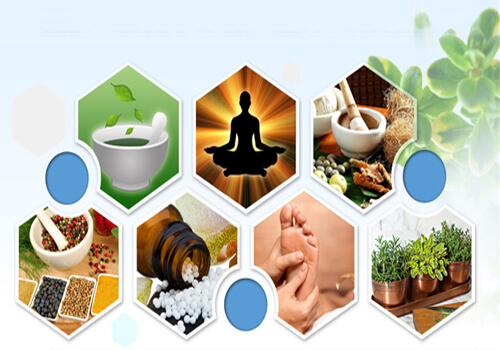
Department of Agada Tantra and Vyavaharayurveda+
Department of Agada Tantra and Vyavaharayurveda (Toxicology, Jurisprudence and Forensic Medicine)
Imparts training in toxicology, jurisprudence and forensic medicine, which explores the causes of unnatural behaviour and death. Ayurveda has nurtured and sustained a sophisticated system of toxicology that combats the effects of natural poisons posing long term or immediate threat to the continuity of the life process.

Department of Kriya Sharir+
Department of Kriya Sharir (Physiology)
Deals with the study of normal physiology in human beings from both ancient and modern viewpoints with sufficient practical training. The corner stone of Ayurvedic physiology is the dosha-dhatu-mala siddhanta. This theory provides a holistic framework to understand how the body digests and metabolises food into subtle forms of matter and energy to create and maintain a delicately balanced internal environment that is conducive to the preservation of the life process.
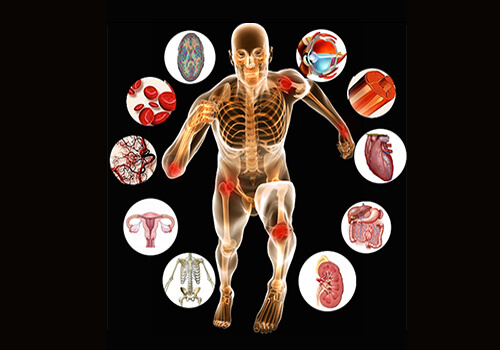
Department of Panchakarma+
Department of Panchakarma
Deals with the Purification therapies of Ayurveda and provides a basic understanding of the principles of Shodhana. Panchakarma includes Vamana, Virechana, Nasya, Basti karma & Raktha Mokshan, using a varied kinds of Ayurvedic medicines. As far as the treatment methods are concerned Ayurveda has described the use of Shamana (Palliative treatment) and Shodhana (Bio-Purifaction methods - Panchakarma) methods.
